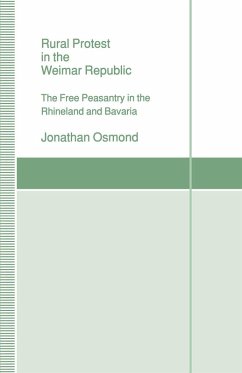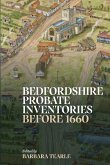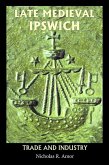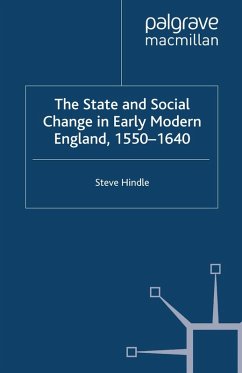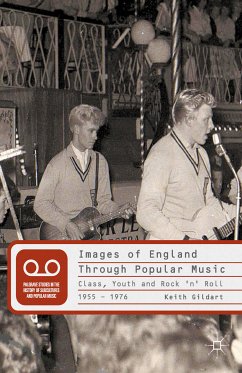A fresh examination of how society and economy changed at the end of the middle ages, comparing urban and rural experience.
The traditional boundary between the medieval and early modern periods is challenged in this new study of social and economic change that bridges the fifteenth and sixteenth centuries. It addresses the large historical questions -what changed, when and why - through a detailed case study of western Berkshire and Newbury, integrating the experiences of both town and countryside. Newbury is of particular interest being a rising cloth manufacturing centre that had contacts with London and overseas due to its specialist production of kerseys.
The evidence comes from original documentary research and the data are clearly presented in tables and graphs. It is a book alive with theactions of people, famous men such as the clothier John Winchcombe known as 'Jack of Newbury', but more notably by the hundreds of individuals, such as William Eyston or Isabella Bullford, who acquired property, cultivated their lands, or, in the case of Isabella, managed the mill complex after her husband's death.
MARGARET YATES is Lecturer in History at the University of Reading.
The traditional boundary between the medieval and early modern periods is challenged in this new study of social and economic change that bridges the fifteenth and sixteenth centuries. It addresses the large historical questions -what changed, when and why - through a detailed case study of western Berkshire and Newbury, integrating the experiences of both town and countryside. Newbury is of particular interest being a rising cloth manufacturing centre that had contacts with London and overseas due to its specialist production of kerseys.
The evidence comes from original documentary research and the data are clearly presented in tables and graphs. It is a book alive with theactions of people, famous men such as the clothier John Winchcombe known as 'Jack of Newbury', but more notably by the hundreds of individuals, such as William Eyston or Isabella Bullford, who acquired property, cultivated their lands, or, in the case of Isabella, managed the mill complex after her husband's death.
MARGARET YATES is Lecturer in History at the University of Reading.
Dieser Download kann aus rechtlichen Gründen nur mit Rechnungsadresse in A, D ausgeliefert werden.




